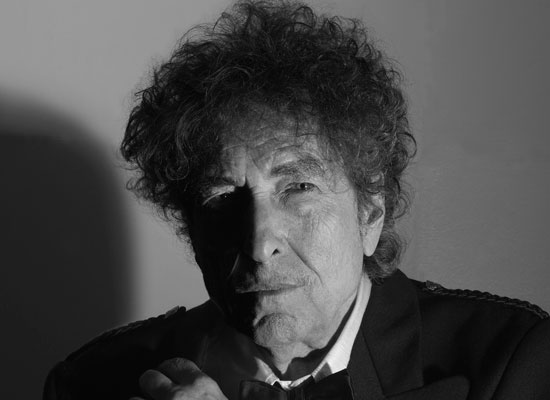
In a career dotted with perverse gestures, Bob Dylan’s recent busman’s holiday as a jazz/standard crooner is, superficially anyway, among the strangest. Not that that matters in the least, critically: Mainstream reviews of 2015’s Shadows In The Night and 2016’s Fallen Angels oriented themselves by flipping the line on Dylan’s vocals—Dylan’s less a singer than a stylist anyway, and look how he’s made these songs his own—but the fact is, folk/blues covers are right in His Bobness’ expressive wheelhouse, while the 20th-century American Songbook favors more traditionally tuneful renditions. (This is likely the only professional chance I’ll ever have to tell a Nobel recipient that his performance of “Stormy Weather” is a bit pitchy, and pardon me, but I intend to take it.)
This perversity is, of course, the whole point of Triplicate, whose sheer scope one has to imagine is partially a rebuff to the naysayers. (“You didn’t care for two albums of jazz standards? Here’s three more all at once.”) The key to this particular project lies in the fact that Dylan himself clearly understands his formal limitations in the idiom. No one, certainly not Dylan, seriously considers him a true vocal competitor for a lightning-strike artist like Billie Holiday, a master like Sinatra, even a technical virtuoso like Johnny Mercer. Yet, these songs in their many renditions have become domesticated through age and distance. Hearing Dylan creak and clatter them up with a weathered tonality that respects their structural possibilities—he’s all over the phrasing but never sloppily and always expressively—allows us to hear the strangeness in them, the obsessive love, the painful longing, all over again. Traditional covers couldn’t unlock that box; they’d sound like homages or tributes. But turns out the Great Raider of American Music found the key. Call it “Self-Portrait In An Old Radio.”
—Eric Waggoner






